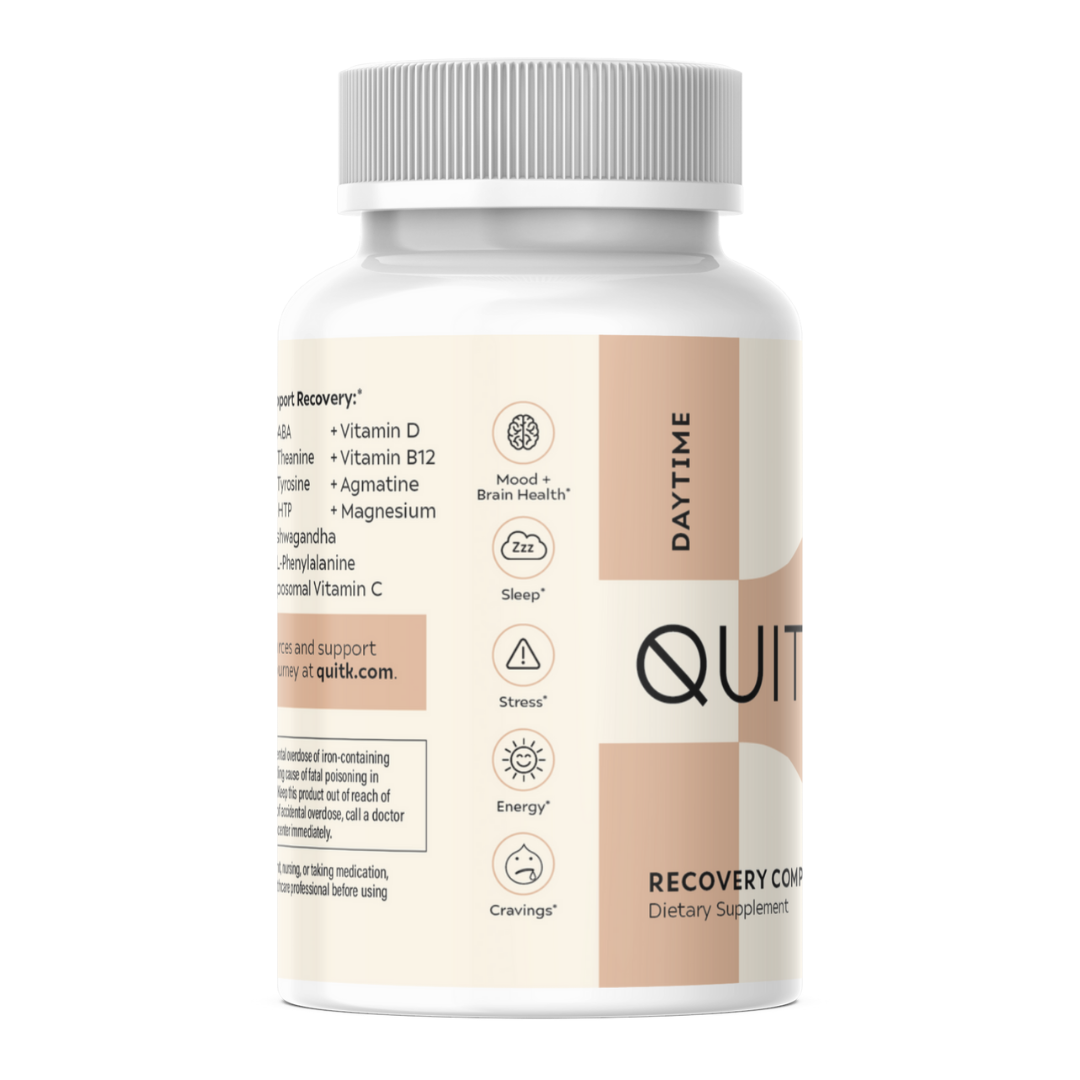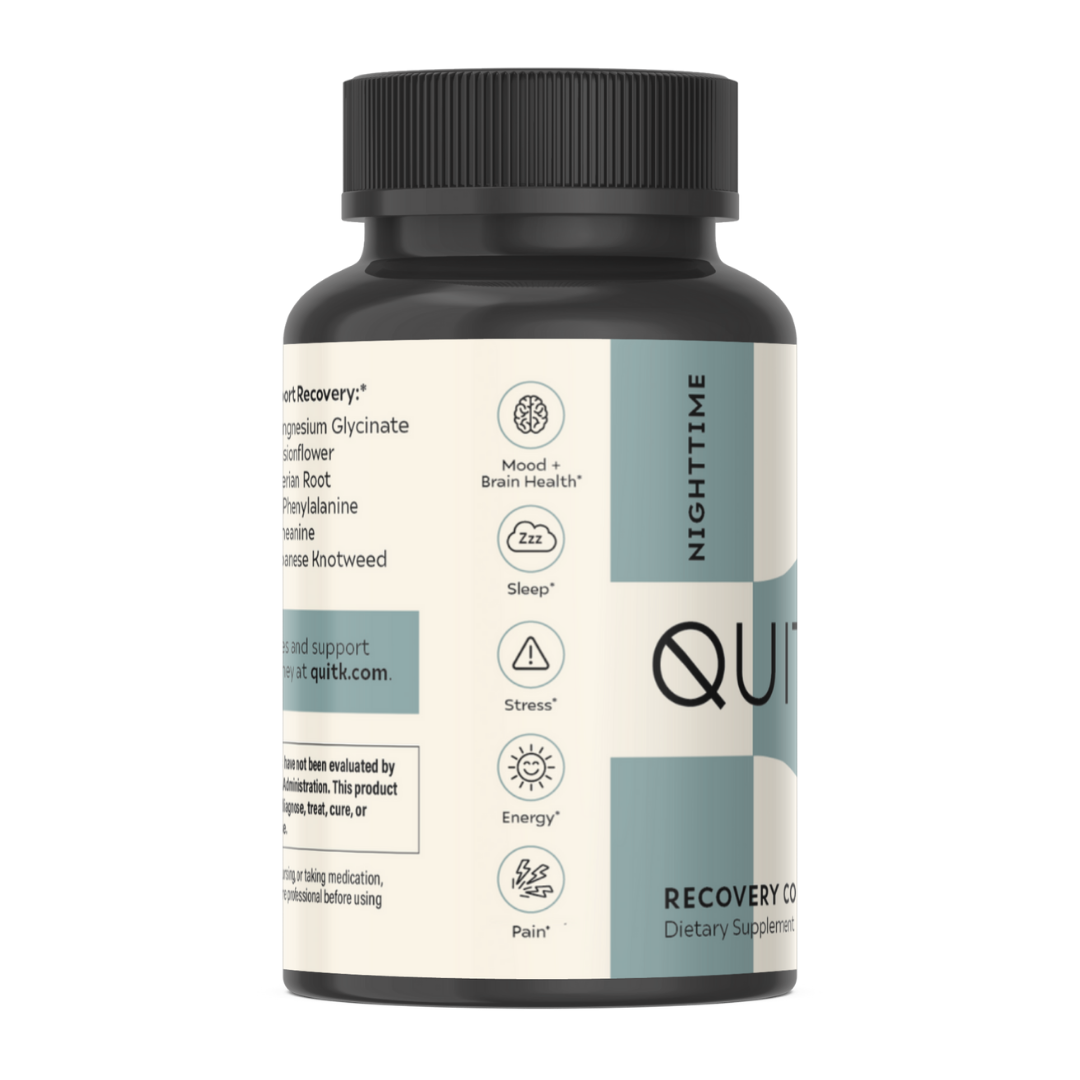|
I've been seeing a lot of commentary online lately of consumers claiming pure leaf kratom isn’t addictive, and that it’s only the 7-OH (7-Hydroxymitragynine) extracts and tablets giving kratom a bad rap. Personally, it's hard for me to hear these ill-informed comments as I’ve never touched 7-OH extracts, and yet I became addicted to pure leaf kratom and experienced really scary withdrawals from it. It's no argument that there is significantly more 7-OH in one serving of the extracts or tablets compared to one serving of kratom powder but let's dive into this deeper.
What is Kratom? A plant derived from the Mitragyna speciosa that has two main alkaloids:
-
Mitragynine: Acts as an opioid agonist, producing analgesic, sedative, and euphoric effects.
-
7-Hydroxymitragynine (7-OH): Similar to mitragynine but with stronger opioid activity.
What are 7-OH products? There are various 7-OH Mitragynine products including beverages and tablets that contain substantially higher concentrations of 7-OH than found in raw kratom leaves. Some products have such high concentration that they're believed to be semi-synthetic products of mitragynine created through complex chemical reactions using various solvents, chemicals, and reactants. Therefore, 7-OH is not kratom but there is 7-OH in kratom.
Let us break down the numbers:
A typical serving of kratom for me was 3 tablespoons of powder, which was equivalent to 18 grams of kratom. This was 12x more than the recommended dose of 1.5 grams. However, that same serving potency is similar to if I had taken one 7-OH tab (brands vary).
Therefore, I do understand the argument of one serving of kratom not being harmful compared to one serving of 7-OH products...but people who are dependent on kratom are not just consuming a serving.
Whether you're addicted to 7-OH or kratom, QuitK can help guide you back to health if you're ready to quit!
|








